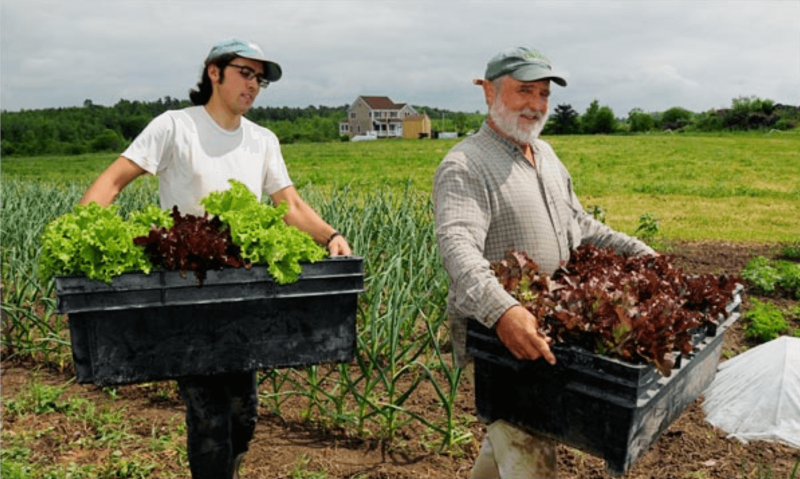It seems like something out of science fiction — taking the DNA of one organism and replacing it with part of another.
Yet, the idea has been a part of the agriculture industry for years….
…
″(A) farmer’s always going to buy the best traits he can buy for a farm,” [Ronald Wagner, the owner of Wagner Farms in Rome, New York] said. “If something tags along with a trait that we don’t really need, then seed companies are in business to sell technology.”
…
“Anytime I can buy a product that has resistance — whether it’s insect, disease, herbicide — the benefits outweigh the negative impacts,” Wagner said.
…
The long-term worry for [Denise and Bernard Szarek, the owners of Szarek’s Greenhouse] is how the chemicals might appear in the future.
“I think you’re going to see a correlation (with GMO or GE products) to a lot of the illnesses our grandchildren are showing,” Denise Szarek said.
This does not mean organic growers don’t use chemicals. Though the Szarek’s don’t use them, they said organic growers can use chemicals that have passed an organic standard. Bernard Szarek said they are “natural (chemicals) that (are) safe for humans.”
…
“When you start playing around with plants like that,” Szarek said, “all sorts of changes happen.”
Read full, original post: Local farmers split on genetically engineered crops































